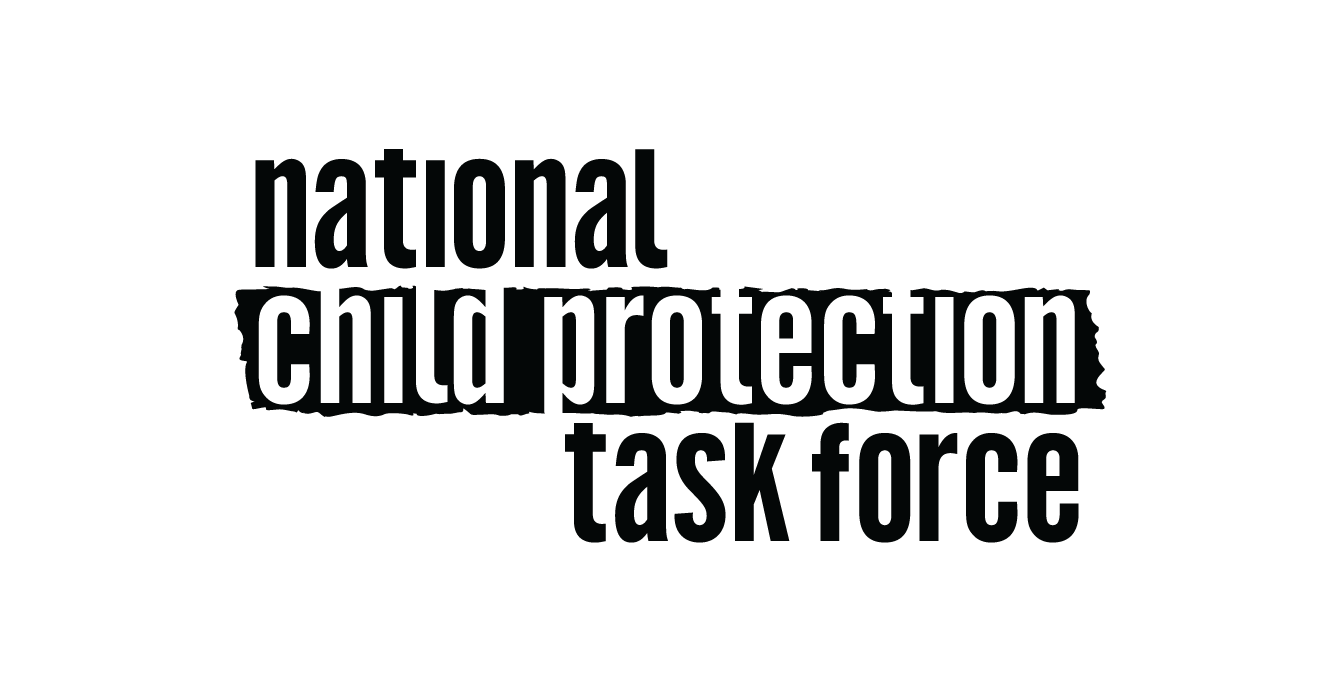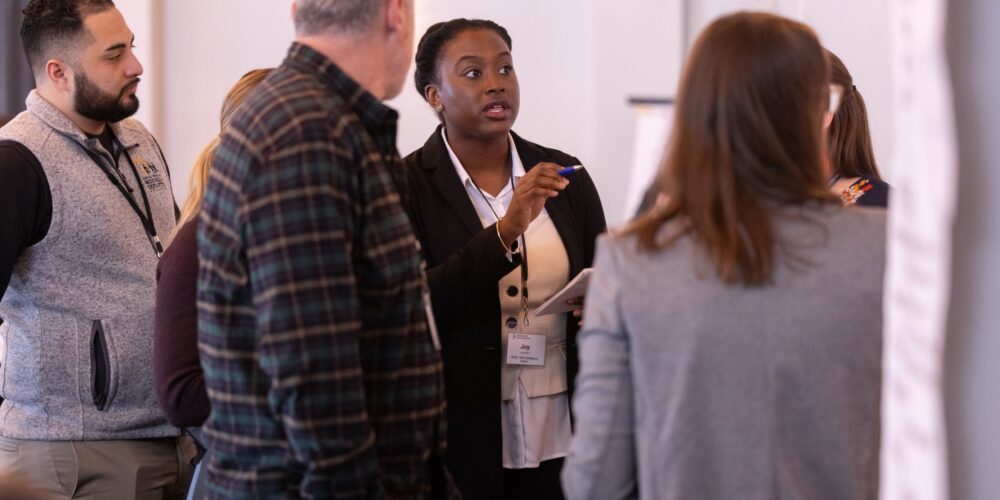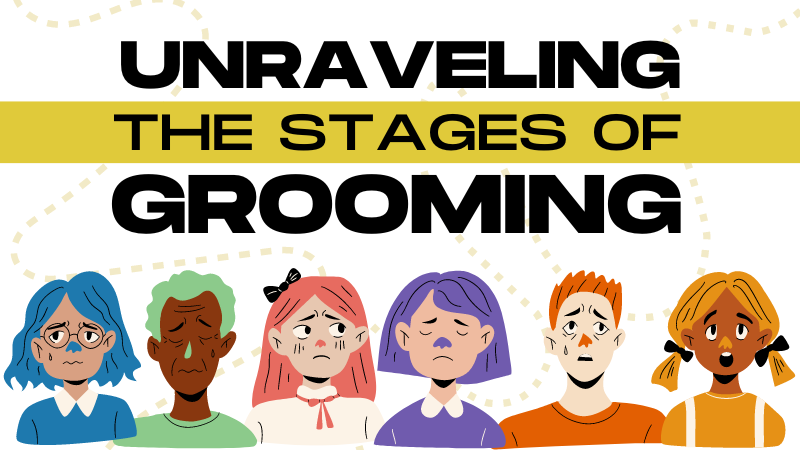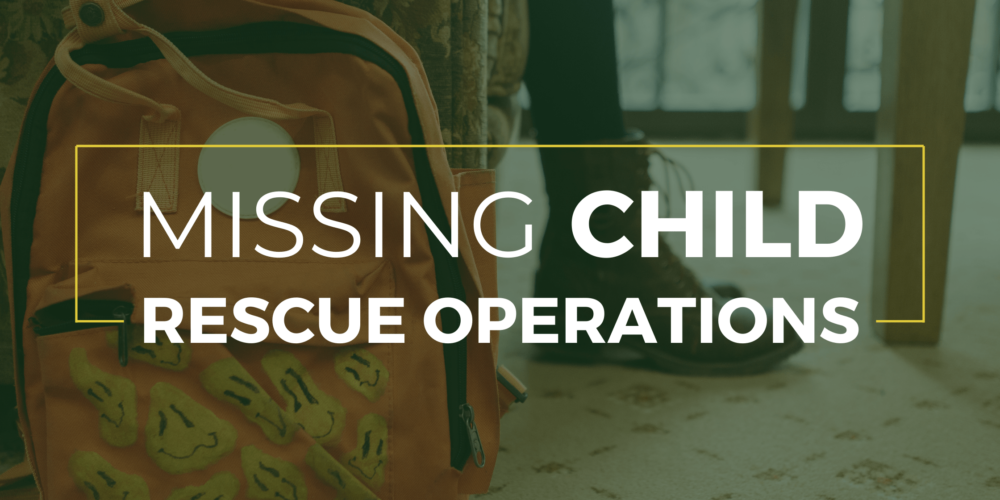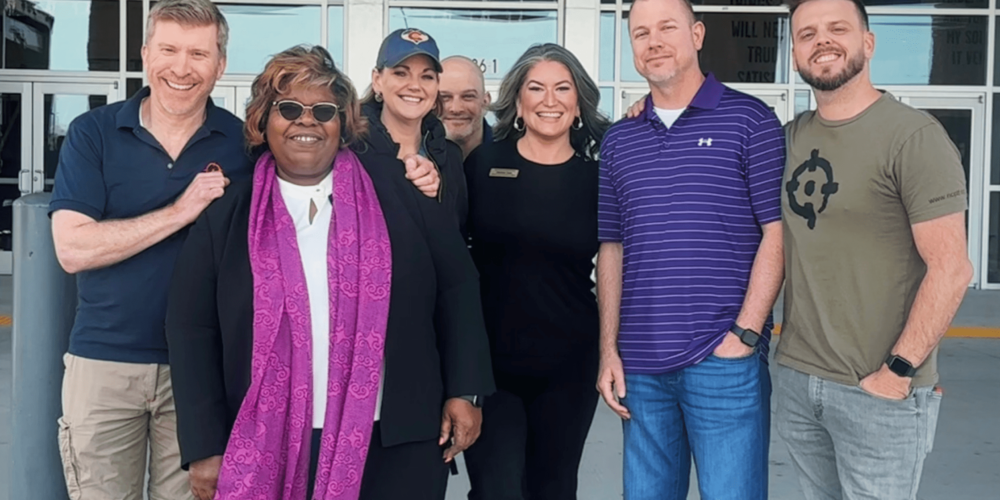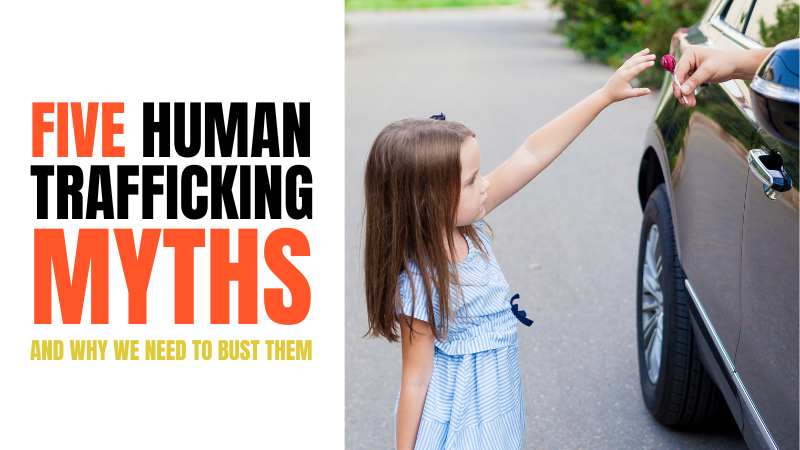Human trafficking is a devastating crime affecting victims in every community, including yours. Even though our first introduction to human trafficking may have been movies like “Taken,” it is important to realize that human trafficking is so much more complex than that. By understanding the real signs of human trafficking, we can better understand how the crime actually looks and better help victims in our communities.
What are the physical signs of human trafficking?
Visibly, there are markers to look out for if you suspect human trafficking. Physical signs include
- Tattoos – Human traffickers have been known to brand their victims to control their ownership over them. Common tattoos include barcodes, crowns, names, ect.
- Bruising – Victims of human trafficking can have marks of violence in various stages of healing. These bruises can be the result of the human traffickers beating them into submission, violent sex acts performed by the “John” or buyer, and self-harm. They may also display burn marks or cuts.
- Malnourishment/dehydration – Some traffickers take very little care for their victims. They may even use food deprivation as a way of manipulation. “If you don’t make $1000 tonight, you don’t get to eat.”
- Sleep deprivation – This goes along with malnourishment and dehydration. By denying victims basic needs, they psychologically control them into performing sex acts continuously, without break to meet a quota. Victims sometimes live seemingly normal lives, attending school and going to work. However, they are forced to work after hours and through the night by their traffickers.
- Sexually transmitted infections/abortion - Children and adults who are trafficked are susceptible to STIs and unintended pregnancies. Their traffickers may allow them to seek help from free community clinics for treatment and to get them back to work. Or they could be left untreated.
What are the psychological signs of human trafficking?
The traffickers’ greatest tactic is psychological manipulation. This eliminates the need for white vans and chains like we have been taught to believe. Here are the psychological signs of human trafficking to look out for:
- Major changes in behavior – Was a once happy child now acting withdrawn or showing extreme signs of anger and bullying?
- Depression – Was the once bubbly personality now drained entirely? Was the victim once active and now barely able to function? Do they have outbursts that don’t seemingly make sense for the situation? Human trafficking victims often suffer from PTSD, anxiety disorders, and other mental illness.
- Submission – Is the once opinionated person now quiet? Do they automatically submit to any request? Traffickers train victims to be submissive either with threats, coercion, or violence.
- Confusion– Does the person appear incoherent or psychologically withdrawn? Are they able to answer questions with logical answers? Human trafficking victims live in a constant state of fight or flight, making decisions and responses vague.
What are the emotional signs of human trafficking?
Emotional signs of human trafficking may or may not be visible to those around them. However, signs of human trafficking could be
- Fear – Are they fearful of seemingly unfrightening things? Do they avoid public restrooms? Did they all of a sudden become leery of a certain group of people such as men? Do they hate traveling to one area of town? All of these can be trigger signs after being traumatized in these locations or by these people.
- Unexplained anger- Victims trapped in human trafficking aren’t given the freedom to process their anger towards their trafficker, so they may inflict the pain on others. This can result in severe bullying or abusive behavior.
- Shame – Victims can feel damaged or inferior because of what has been done to them. This may show up in low self-esteem, self-harm, and suicide attempts.
What are the social signs of human trafficking?
Social signs of human trafficking include:
- Change in friends – Does the victim now have a totally new social circle? Are they isolated from their original support system? Do they continually choose to hang out with a new friend and neglect the friends they have had for years?
- Partying/drug use – Human traffickers groom victims with drug use. Experimenting with friends they have known for a while is one thing. Being introduced to drugs, alcohol, and pornography by a new influence is a red flag for human trafficking.
- Sexualized behavior – Is the child now aware of inappropriate content? Has there been an extreme change in dress? Do they have vulgar speech?
- Difficulty trusting – Victims of human trafficking have been taught not to trust. Even if you are wanting to help them, they may not accept it for fear of being turned into authorities, hurt, or worry of their loved ones being harmed. These are the result of threats made by the traffickers.
- Older boyfriends/girlfriends - There is always a power difference between trafficker and victim. Often this is age. Does the teen now have a boyfriend or girlfriend much older?
- Scripted responses – Does the victim seem to give the same generic answer to all questions? Do they appear to think freely or does it seem they have been taught what to say?
There are several signs relating to where the victim works or lives.
These can include:
- Unstable living situations – Does the victim have a permanent residence? Are they always traveling? Do they seem to live in hotels? Do they suddenly live with someone new?
- Limited freedom - Are they able to go where they want freely or do they need permission first?
- Lack of identification – Does the victim have their ID or passport or is it being held by someone else?
Each person experiences a different situation so these signs may or may not show up for each human trafficking victim. However, by identifying common markers, you are able to recognize signs of possible human trafficking. If you suspect human trafficking, call local law enforcement or the National Human Trafficking hotline at 1 (888) 373-7888
Want to join the fight against human trafficking today? Donate now to partner with us. We will not stop educating, seeking, and rescuing until every child has the freedom to wake up safely.
Explore our Resources page for more helpful ways to help keep your kids safe.
